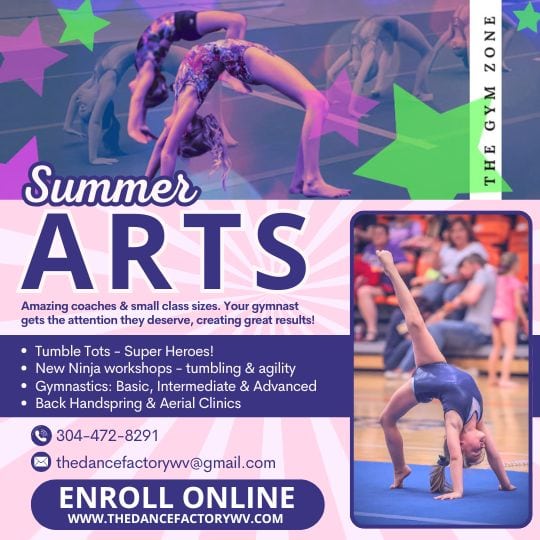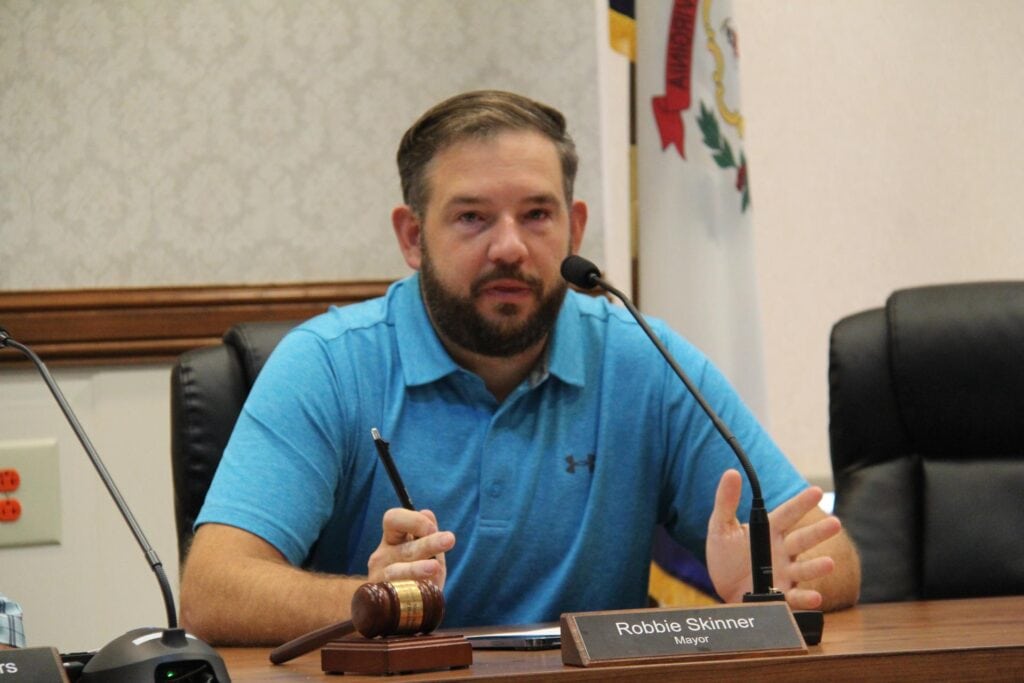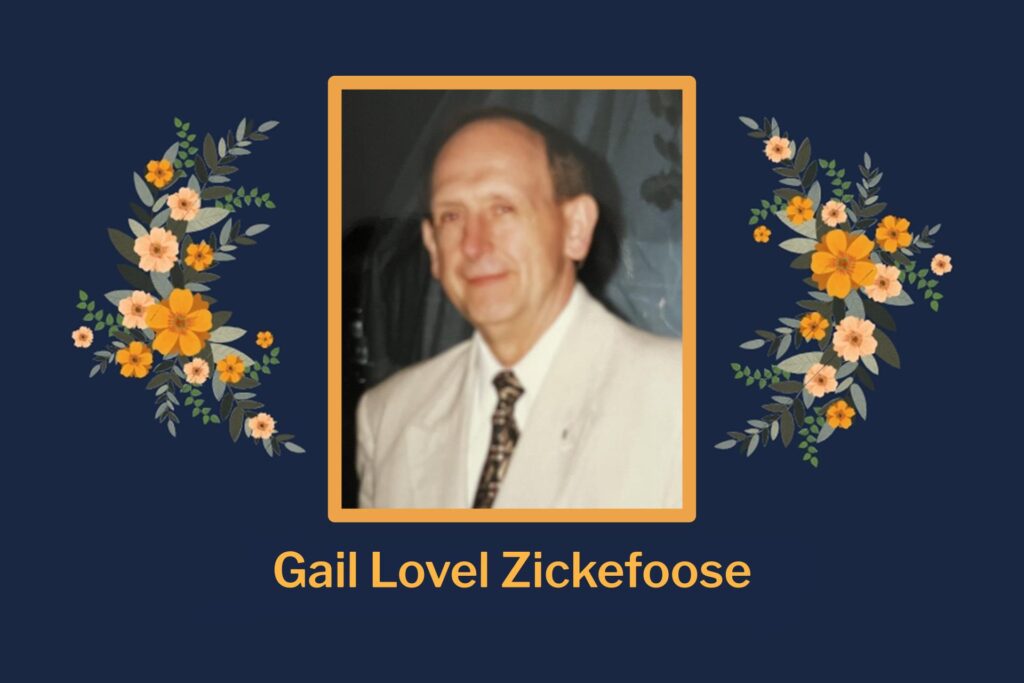For much of her athletic career, Hannah Swartz (née Severs) carried a quiet, growing exhaustion—one that had little to do with the physical demands of the sport she loved. A standout soccer player growing up in North Carolina, she was driven, competitive, and committed to improving. But as she progressed in the game, the emotional and mental toll of coaching styles around her began to wear her down.
As early as 12 years old, Swartz can remember going to the sideline during a game to be yelled at for a mistake. At an age when sport should have been a source of joy and growth, Swartz felt tension creeping in. Anxiety followed her into games. Practices felt like pressure cookers rather than learning environments. She continued competing at a high level but felt drained by the culture around her.
The emotional toll over the years left her wondering if she wanted to continue to play soccer in college. After tearing her ACL, though, and the time away from the game and her teammates led reinvigorated her dream to play at the next level.
She found her way to Indiana Wesleyan and immediately into the starting lineup. Additionally, she found the coaching style to be similar to what she had experienced as a youth player: intense and bordering on verbally abusive.
The team was full of talent and skill and wins followed, but postseason success eluded the squad. Swartz wondered about the impact the environment established by the coaches contributed to breakdowns in critical moments.
“We were a very talented team, but we would come up short almost every postseason,” she recalls. “And a lot of it was small mistakes – mistakes that didn’t make sense. And I wondered, ‘What was the missing connection?’
“I kind of started to notice that anxiety kind of pick up to where I would hate going to practices, hate playing in games,” she says. “When you’re a college athlete and your whole schedule is surrounded by the sport, I was pretty miserable on a regular basis.”
After two seasons, the coach’s approach and overall team success was rewarded with another opportunity. In came coach Daniel Seiffert, who offered a new voice and a fresh perspective. High standards and expectations were maintained, they were simply expressed and managed in a far different way. Fear and anxiety receded, and a healthy love of the game and competition returned.
“Coach told us we were going to have intense practices because we’re going to demand intensity and hard work out of ourselves, not because of some looming pressure,” she says. “And he showed us that being intense does not mean being mean or loud.”
Swartz’ final two seasons turned out to be some of her best and happiest, and it coincided with highly successful seasons, including a run to the NAIA national quarterfinals and a top 10 ranking in her final season. More importantly, she rediscovered what the sport could and should be and realized the impact a coach can have on that perspective.
Her first stop after college was Ball State, where she pursued a master’s in sport and exercise psychology. She had left Indiana Wesleyan believing that coaching was her next step and was determined to create the kind of positive, high-expectation environment she had thrived in. At Ball State, she saw an opportunity to blend her passion for coaching with a deeper understanding of the mental side of the game.
Through her studies in mental performance consulting, she worked directly with athletes, helping them navigate the psychological aspects of competition. But the more she listened to their concerns, the more she recognized a troubling pattern.
“A lot of the frustrations I heard from athletes were about their coach’s communication or leadership style,” she says. “And sometimes, when I talked to coaches, they weren’t even aware of how their behaviors were affecting their players.”
At the same time, as she was coaching youth soccer, she realized that even if she created the best possible experience for her players, her influenced stopped with her team.
“I was coaching my team of 20 kids, and I was creating a positive environment with good team camaraderie, and the girls were having a really great experience,” she says. “Then I noticed that while I am trying to emulate these autonomy-supportive coaching techniques, the coach across the pitch is still yelling and berating their players.”
She began to think about an impact greater than just the individuals on her roster. She began to think about ways to improve coaching and leadership in sport at all levels.
She was initially skeptical that she had what it took to get a doctoral degree. Her advisor at Ball State, Dr. Lindsey Blom, though, told her that she already had all the necessary ingredients, namely hard work, persistence, and discipline. With that encouragement, she researched programs across the country that matched with her goals of coaching education and training. In WVU’s Coaching and Teaching Studies program, she found one that prioritized the development of coaches the way she envisioned.
Dr. Kristen Dieffenbach became a key mentor, providing Swartz with both guidance and the freedom to explore her research interests. The program’s emphasis on pedagogy aligned perfectly with her goals.
“Most programs focus only on teacher education, or only on coaching, but WVU’s program combines both of those and make it multidisciplinary is what makes it so effective,” she says.
At WVU, Swartz gained valuable hands-on experience beyond the classroom. One of her major projects was the Youth Sport Coach Fellowship, a partnership with USA Weightlifting that allowed her to work with coaches across different sports.
“We kind of basically took a cohort of coaches from all around the country, and we put them through these training modules that focused more on how to coach rather than what to coach.
Though her background is in soccer, she knew that the principles of good coaching apply across any sport, including those she had no direct experience with, like weightlifting.
“At first, I could see their kind of confusion in that I was going to try and help them become a better weightlifting coach even though I don’t coach weightlifting,” she says with a laugh. “Once I convinced them that we were zooming out a little bit about coaching, they were much more bought in.”
As Swartz approaches the final phase of her program (she hopes to complete her degree in December of 2025), she has multiple paths in front of her.
“I feel torn between wanting to continue in academia and doing research and putting my foot in the door of industry and refining and developing standards for coaches,” she says.
Through the challenges of balancing doctoral studies and defining her career path, she credits the support of her husband Kaleb and her church community as foundational to her success and persistence.
No matter which path she chooses, her philosophy is in alignment with that of her second coach at Indiana Wesleyan who told her, ‘You’re going to be a person a lot longer than you’re going to be a player, so it’s my job to develop all of you, and you’ll see you’ll be a better soccer player along the way.’
Now, Swartz is committed to ensuring more coaches embrace that same responsibility.













